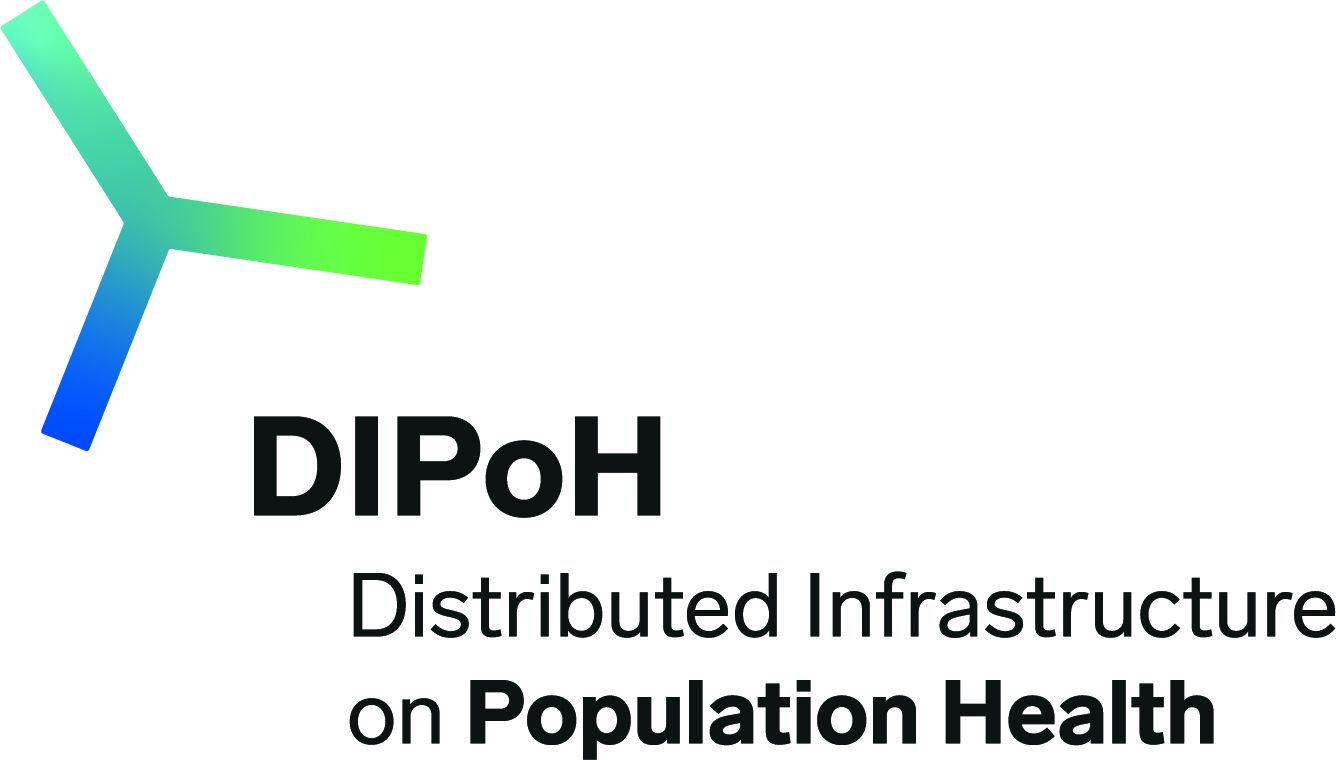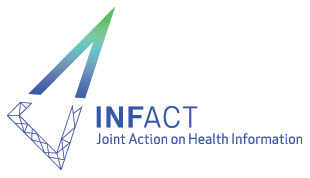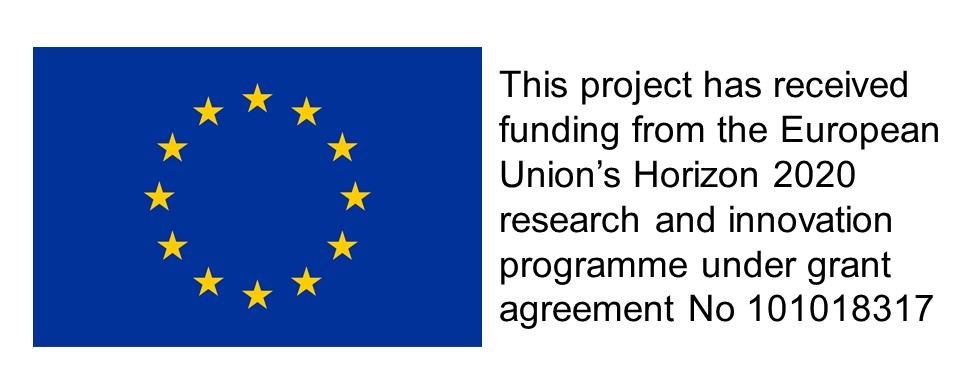Overview
The objective of UK Biobank is to create a large-scale biomedical database and research resource, containing in-depth genetic and health information from half a million UK participants, which will contribute to the advancement of modern medicine, treatment and scientific discoveries that improve human health.
Lifestyle and environmental information, medical history, physical measurements, and biological samples are being collected from about 500,000 people aged 40-69 at presentation and then, with consent, their health will be followed for many years through medical and other health related records. The biological samples are stored so that they can be used for a wide range of biochemical and genetic analyses in the future.
The UK Biobank Ethics and Governance Council has been established by the Medical Research Council and the Wellcome Trust in a way that enables it to operate independently of them and of UK Biobank. The remit of this Council includes: acting as an independent guardian of the Ethics and Governance Framework and advising the Board on its revision; monitoring and reporting publicly on the conformity of the UK Biobank project with this Framework; and advising more generally on the interests of participants and the general public in relation to UK Biobank.
UK Biobank was established by the Wellcome Trust medical charity, Medical Research Council, Department of Health, Scottish Government and the Northwest Regional Development Agency.
UK Biobank has received also funding from the Welsh Government, British Heart Foundation, Cancer Research UK and Diabetes UK. It is supported by the National Health Service (NHS). UK Biobank is open to bona fide researchers anywhere in the world, including those funded by academia and industry. The medical research project is a non-profit charity which has received core funding of around £133 million. Core funding continues to be received from the Wellcome Trust, the MRC, and more recently, from Cancer Research UK and NIHR. UK Biobank has received additional funding for: genotyping of all 500,000 participants (from the Department of Health, Medical Research Council, British Heart Foundation); for the measurement of biochemistry markers in all 500,000 participants (from the Wellcome Trust, Medical Research Council, British Heart Foundation, Diabetes UK); for imaging 100,000 participants (Wellcome Trust, Medical Research Council, British Heart Foundation) and re-imaging 10,000 participants (Dementia Platform UK) and for establishing a remote analysis platform (Wellcome Trust). Researchers, particularly from industry, are enhancing the resource further (for example, by funding cohort-wide assays) in order to augment their own research aims, while at the same time benefiting the wider research community as the enhancements are shared with all researchers after a limited exclusivity period, which is now set at a fixed period of 9 months. Examples of this include cohort-wide assays of whole exome sequencing, whole genome sequencing, telomere length and NMR-metabolomics
Demographics
Dataset
During enrollment, the assessment centre will need to hold identifying information (such as name, address, birth date, NHS number) together with information collected from the participant during the assessment visit, and this information will be encrypted for security. Following the assessment visit, these data will be transferred to the UK Biobank central system and removed from the assessment centre system. On arrival at the UK Biobank coordinating centre, all personal identifying information will be separated from participants’ data and samples and only linked using a code that has no external meaning (e.g. not the NHS number).
Access to data and/or samples will be granted under licence for scientifically and ethically approved research consistent with UK Biobank’s purpose. Licences will be for specific uses under strict terms and conditions in standard access agreements, including compliance with the consent given, the provisions of this Framework and other policies. Fees will be charged for licences, with the possibility of charges being higher for organisations that might be expected to derive financial benefit from use of the resource.
Contact
Units 1 - 2 Spectrum Way, Stockport, United Kingdom





